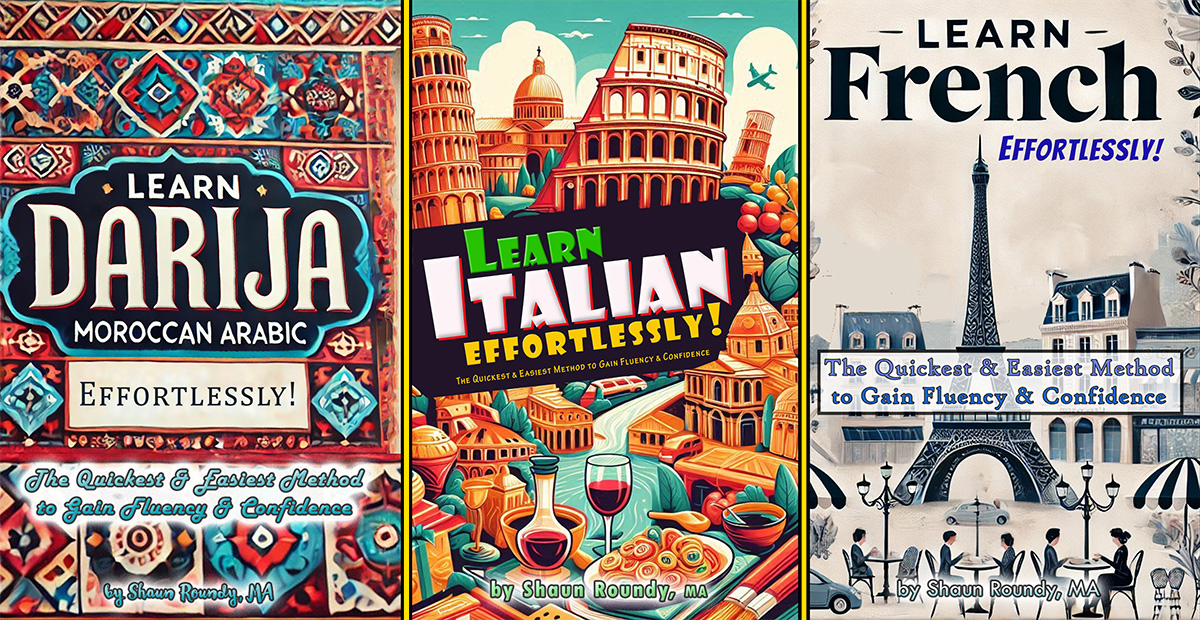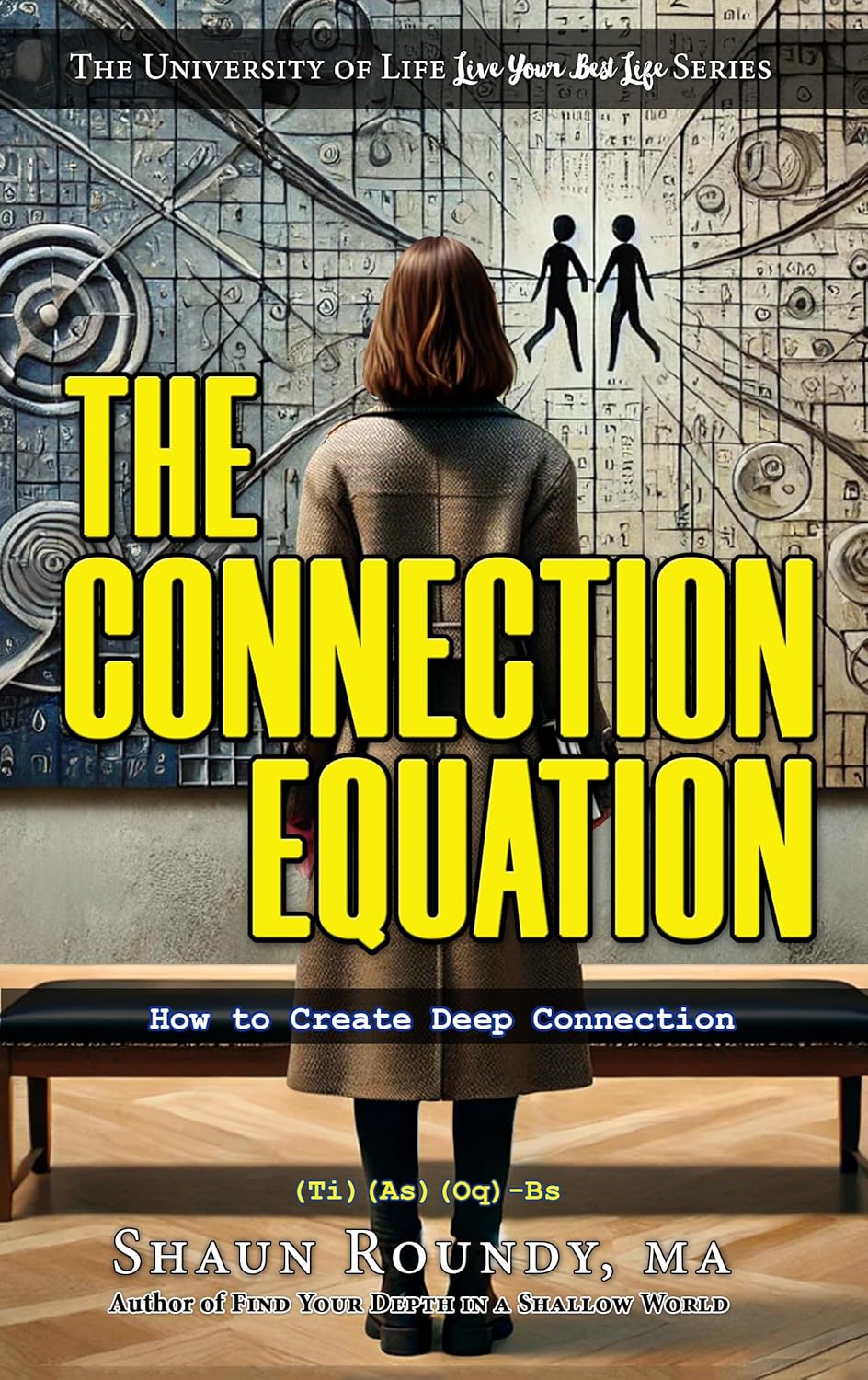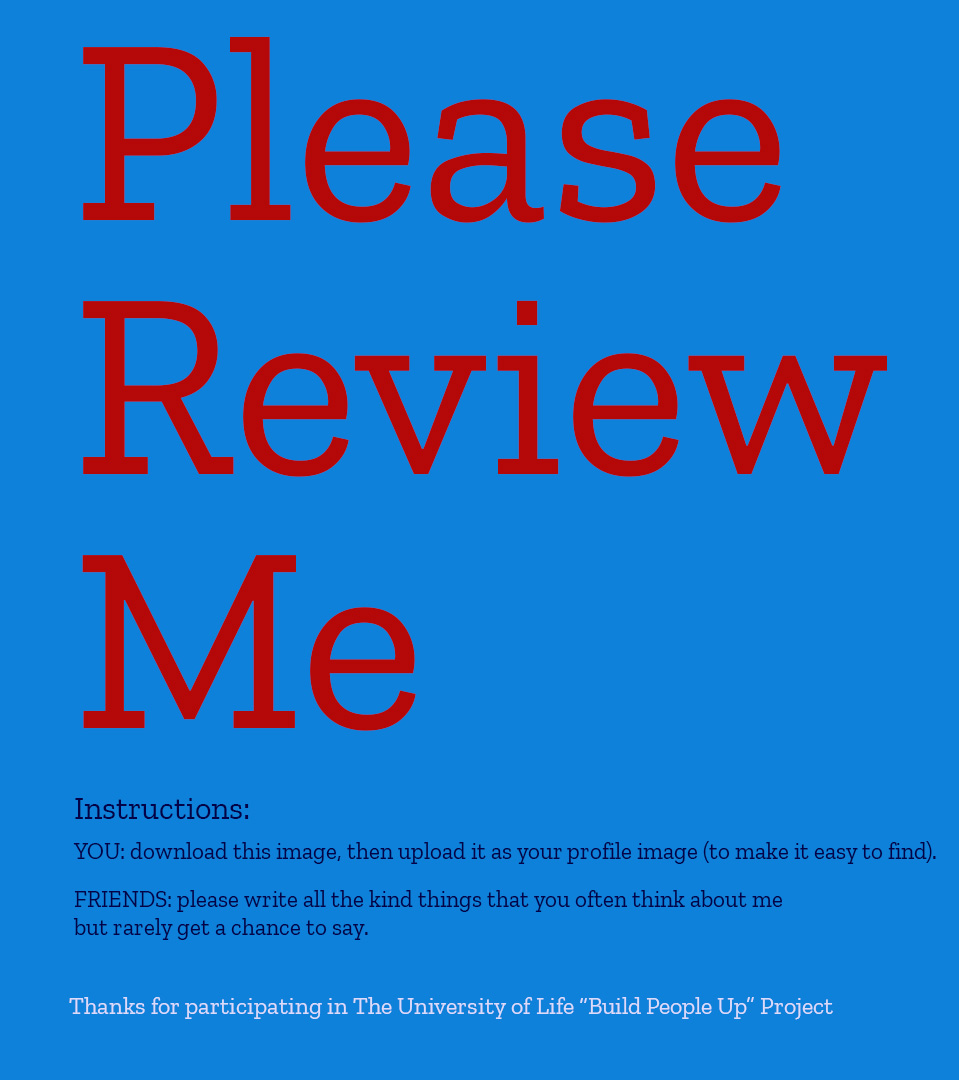Identity 101: The Power of Identity
Welcome to our brand-new course on Identity! We’ve been working on this material for many years and we’re finally turning it into a series of interactive videos and other resources available free on the University of Life.
Who you ARE is much less important than you who THINK you are! Your sense of self determines your destiny more than any other factor. It tells you where you belong, who you belong with, when you will succeed and fail, how you should act, what you should choose, and more.
Getting to know who you are – and who you could be – is one of the most empowering and liberating things you will ever do.
To know you is to love you, so watch these videos, do your homework, and get to know yourself better than ever before!
This introductory video gets you started on your journey to increased self-knowledge.
This video explains the “when” in the phrase “You know who you are when…”. It explains three ways you can develop a sense of self which lends confidence, strength, and ease to everything you do.
IDENTITY LEVEL 10: Identity/possessions/clothing
If you’re like many other people, you identify with your possessions, which tell the world who you are. This video explores one aspect of Identity’s Layer 10 – your clothing.
IDENTITY LEVEL 9: Identity/groups
The many groups you belong to can further help you develop your sense of self. But be warned: there’s a better and worse way to do it.
IDENTITY LEVEL 8: Environment
Your surroundings – including relationships – shape your experience of self, so watch this video and become more aware of what that means and how it influences your life.
IDENTITY LEVEL 7: Your Body
At Identity Level 7, we finally reach something that is ACTUALLY YOU! Your body. How do you relate to your body? How could you improve that relationship and get the most benefit from it?
IDENTITY LEVEL 6: Personality
Until finding this course, you may have believed that your personality is what defines who you are, rather than simply one more layer of self. Watch the video and find out what personalities are made of and how to describe yours.
IDENTITY LAYER 5: Personal Power
Personal Power is one of THE MOST EXCITING ASPECTS of being alive, yet most people have no idea what personal power means, nor why they should develop it. Watch and find out!
IDENTITY LAYER 4: Experience
Your experiences shape your sense of self immensely – but is that for better or for worse?
IDENTITY LAYER 3: Beliefs
Belief systems are deep thoughts that keep you from changing your station in life. Learn what you can do to install supportive beliefs rather than limiting, stressful ones.
IDENTITY LAYER 2: Values
Values are defined as “whatever you care about,” and what you care about say a LOT about who you are and your quality of life. Get to know your values better and double your life satisfaction!
IDENTITY LAYER 1: Potential
This video reveals the ideal outcome and ultimate goal of Identity 101:
While you’re waiting for us to produce additional videos, read the identity-related articles we’ve already written.
And here’s our previous write-up on the topic:
How Sense of Self Works

Your mind’s sense of self strives to maintain the status quo and prevent you from growing or changing in any way because your subconscious mind – which controls the vast majority of your thoughts, feelings, and actions – hates change, even when it would be for the better. It’s simply not wired that way and can’t imagine possibilities outside its current viewpoint the way your conscious mind does so naturally.
Your sense of identity is flawed because most of it formed from a natural, hereditary perspective full of limitation and doubt. Your brain projects a stunted view of your potential into your mind because it erroneously believes that it’s safer to fear your vast personal power and live small rather than stand up and claim the life that rightfully belongs to you.
Your true identity is much, much, much better than your limited sense of self. Try these exercises to begin correcting your sense of identity. The clearer it becomes, the more you’ll naturally gravitate toward your real potential.
1. Make an honest assessment of reality.
First describe your ideal life: if you had no limitations – time, money, looks, talent, confidence, connections, etc. – what would you do with your life? What would you enjoy? What would feel meaningful and bring you satisfaction?
Next, imagine an individual with every advantage and describe the steps they would need to take to live your dreams. Perhaps they’d need to study, practice, and work at the details, then persist until everything came true.
Now be perfectly objective and honest with yourself: if you followed the steps you just outlined, you could accomplish those goals. That is reality. That is the truth.
Finally, when you consider putting those steps into practice, recognize any fears, doubts, and self-defeating thoughts that arise for what they are: lies. Errors. They’re just feelings and have nothing to do with reality. If you can change your thoughts, you’ll change your feelings, which will change your actions and culminate in changing your life, your actual physical reality. Interested?
2. Discover yourself.
People in the 60’s talked a lot about “finding” themselves. They struck out to figure out how to make their lives feeling meaningful, but they didn’t always know how. They didn’t yet know what to look for. They often traveled aimlessly, danced, did drugs, made love not war, and waited for enlightenment to dawn on them.
Here’s a short list of what to look for in order to discover yourself:
- Talents and interests. If you won the lottery tomorrow, what would you do with yourself? Your interests reveal a lot about your talents, and expressing your natural gifts provide some of your greatest satisfaction.
- Feelings. Note that fears and emotional wounds are not included in your deepest identity. Instead, study your positive motivations. Observe how you like to feel and what actions and experiences lead to those feelings.
- Thoughts. What do you like to think about? What would you like to learn? What problems do you enjoy solving? Again, negative thoughts – doubts, worries, and limitations – do not define your deepest self, so omit those from your list of clues.
- Attitudes. When you examine your experiences and how you’ve reacted to challenges and opportunities, what patterns do you discover? Attitudes may change with time, experience, or effort, but they’re significant enough to include in this list.
- Experiences. What have you learned from your past? When making your list, mark the ones you value and that improve your life now, and which lessons would be better off discarded and forgotten. The only thing that matters about the past is what we keep from it, so discard the negative as much as possible.
Also, you should understand how meaning happens: meaning simply means you have ascribed value to something. That’s it. Meaning doesn’t come to you, you generate it within you. Why wait for it to magically appear when you can simply look for value in absolutely anything or anyone around you?
3. Choose and create yourself.
Your deep, permanent identity affects your experience of life, but there’s more to you than just that. The nature of life itself is to grow, and just like the rose bush in your front yard, you can direct which way you’ll grow by trimming some stems and encouraging or grafting in others to create a brand new creation.
How and who would you like to be? The simple fact that you’d like to develop certain attributes is a clue that those traits may already exist within you, just waiting for the right conditions to bloom. Explore them. Nurture them. Observe good examples and role models. Act as if you already possessed those traits and watch them grow.
4. Take short cuts.
The only way to learn deeply is through experience, and it’s a lot quicker and easier to gain that experience by learning from others. Find good examples in your neighborhood, in the media, or read about them in books. Reading is a particularly effective mode to gain growth because it creates a realistic experience – to your mind – which simulates actual experience quite effectively.
The University of Life Press has published four books of fiction with characters who experience significant personal growth through confronting trials and opportunities with varying degrees of success and failure. Read the books, relate to the characters, and apply their lessons to yourself for a short cut to learning lessons about meaning, risk, love, and expressing yourself without all the pain and effort of trial and error.








